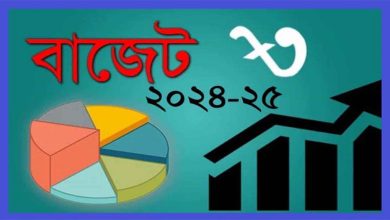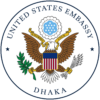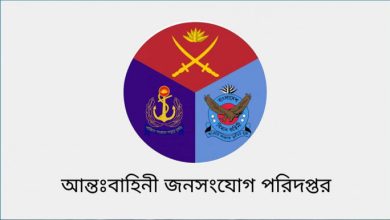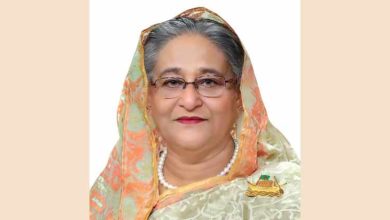Bangladeshi stocks back on global investors’ radar
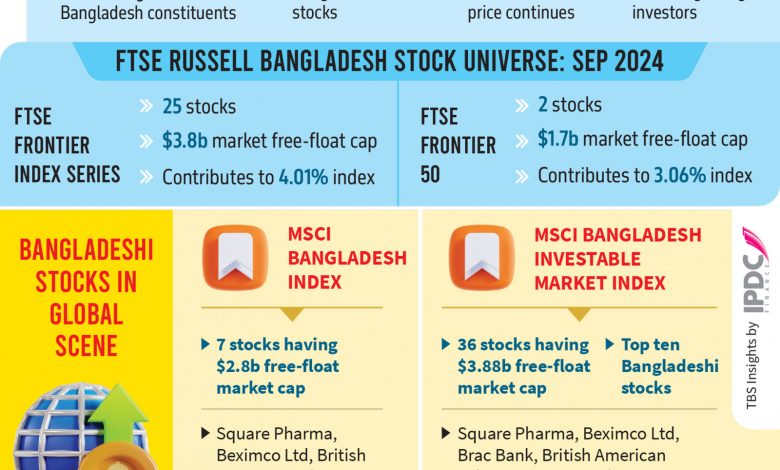
Global index provider FTSE Russell resumes review of Dhaka stocks after one and half years
FTSE Russell, one of the world’s leading market analytics and index providers, resumed its review of Bangladeshi stocks in late September to identify eligible index constituents from the Dhaka bourse.
Market professionals cheer the news as Bangladeshi stocks lost importance to the global composite providers one and a half years ago due to the prolonged restrictive floor price measure that was depriving investors of the ease of buying and selling at market prices.
In its September review, FTSE Russell, a concern of the London Stock Exchange Group, said that with the Bangladesh Securities and Exchange Commission (BSEC) removing the floor price for all stocks except Beximco Limited and Islami Bank Bangladesh, it will evaluate all other Bangladeshi securities for FTSE index eligibility based on their criteria for the September 2024 reviews.
“FTSE Russell continues to engage with the BSEC to confirm when the restrictions will be lifted on the two outstanding,” it added.
Chartered Financial Analyst Arif Khan, vice chairman of Shanta Asset Management, told TBS, “Global investors follow the index constituents reviewed by reputed providers like FTSE Russell or Morgan Stanley Capital International (MSCI) as they rely on the firms’ evaluation for investment decision making.”
“Stocks getting in or out of the global composites based on their criteria is a healthy practice that had stopped due to the floor price restrictions. Bangladesh should announce no repetition of anti-free market measures in any circumstance ever to regain foreign investors’ confidence,” said Arif Khan, who is also a former commissioner at the BSEC.
DSE Brokers Association President Saiful Islam said that foreign investors have been net sellers at the Dhaka Stock Exchange (DSE) since 2018. The Bangladesh Bank’s interest rate cap, the 55-day trading suspension in 2020, and the prolonged floor price restrictions, implemented twice, have heightened their concerns about Bangladesh, as they prefer an unrestricted market environment.
However, following the political shift on 5 August, which also led to a change in leadership within the regulatory body, foreign investors have shown renewed interest in Bangladesh and Bangladeshi stocks, reaching levels not seen since the 2018 national elections.
“This is good news for the Bangladesh capital market, as such indices help put Bangladesh under foreign investors’ radar,” said Anika Mafiz, head of Investment Strategy and Organisational Risk Management at BRAC EPL Stock Brokerage.
Apart from that, eyeing the reforms, especially in the financial sector, underpriced blue chip stocks, and the recent rate cut in the USA together have increased the foreign investors’ interest, she said.
“This is also evident in the Bangladesh Bank’s latest data that reveals Bangladesh has received a net foreign portfolio investment of $31 million in August alone,” Anika added.
MSCI “special treatment” continues
Bangladeshi Stocks, however, are yet to get rid of the “special treatment” by the US-based analytics and index provider MSCI that started at a similar time last year.
MSCI in its August review said the floor price restriction imposed in July 2022 has been gradually lifted for the securities by the BSEC. Yet, six listed securities retained the restriction then, while market participants had reported delays in capital repatriation due to low liquidity in the onshore foreign exchange market.
“As a result of these market accessibility issues, MSCI will continue to apply the special treatment introduced in February 2023,” it added.
“This special treatment defers index review changes and the implementation of corporate events aiming to reduce the number of potential changes in the MSCI Bangladesh Indexes and mitigate concerns on index replicability.”
“MSCI continues to welcome feedback on the accessibility of the Bangladesh market and may consult with market participants in case of further developments,” it said.
MSCI is more influential in emerging and frontier markets compared to FTSE, making it more relevant for investors in these regions, said Suman Saha, head of foreign trade at IDLC Securities.
“For Bangladesh, classified as a frontier market, the MSCI Frontier Markets Index attracts significant foreign investor attention,” he said, adding that MSCI’s periodic rebalancing of indices impacts the weight of Bangladeshi stocks, affecting investor interest, stock prices, and liquidity.
While FTSE also offers indices for emerging and frontier markets, it is more associated with developed and larger emerging markets, Suman said.
Therefore, MSCI’s index is more pertinent for markets like Bangladesh due to its deeper penetration and investor reliance, he added.
Bangladeshi stocks in global eyes
Bangladesh from its “standalone” status emerged to be categorised as a “frontier market” in 2010.
According to the 30 September updates, 25 Bangladeshi stocks were included in the “FTSE Frontier Index Series” that together have a free-float market capitalisation of $3.8 billion. The list, however, is not public.
Free-float market capitalisation is the total value of a company’s shares which can be sold without regulatory announcements.
Besides, FTSE Russell’s other frontier market index “FTSE Frontier 50” includes two Bangladeshi stocks having a free-float market capitalisation of $1.7 billion that contributes to 3.06% of the total free-float market capitalisation of the index.
On the other hand, the MSCI Bangladesh Index included seven Bangladeshi stocks – Square Pharmaceuticals, Beximco Limited, British American Tobacco, Grameenphone, Renata, Robi Axiata and United Power.
MSCI Bangladesh Investable Market Index which also includes comparatively smaller company shares has 36 Bangladeshi stocks having $3.88 billion in free-float market capitalisation.
Square Pharmaceuticals, Beximco Limited, Brac Bank, British American Tobacco, Grameenphone, LafargeHolcim Bangladesh, Olympic Industries, Beximco Pharmaceuticals, Beacon Pharmaceuticals and The City Bank were the largest 10.
However, the MSCI lists have been unchanged for more than one and a half years amid no review by the MSCI.

